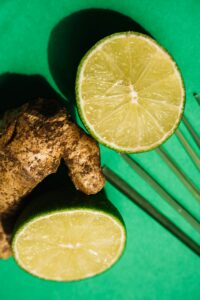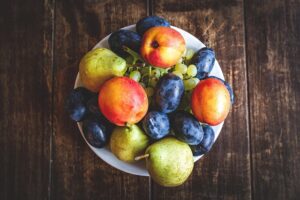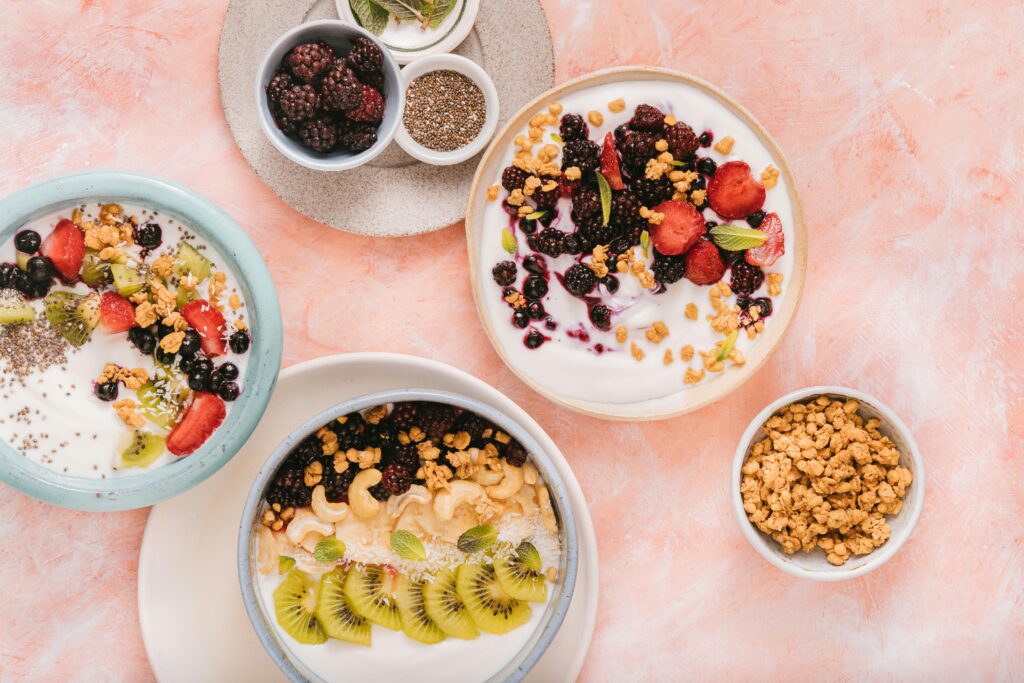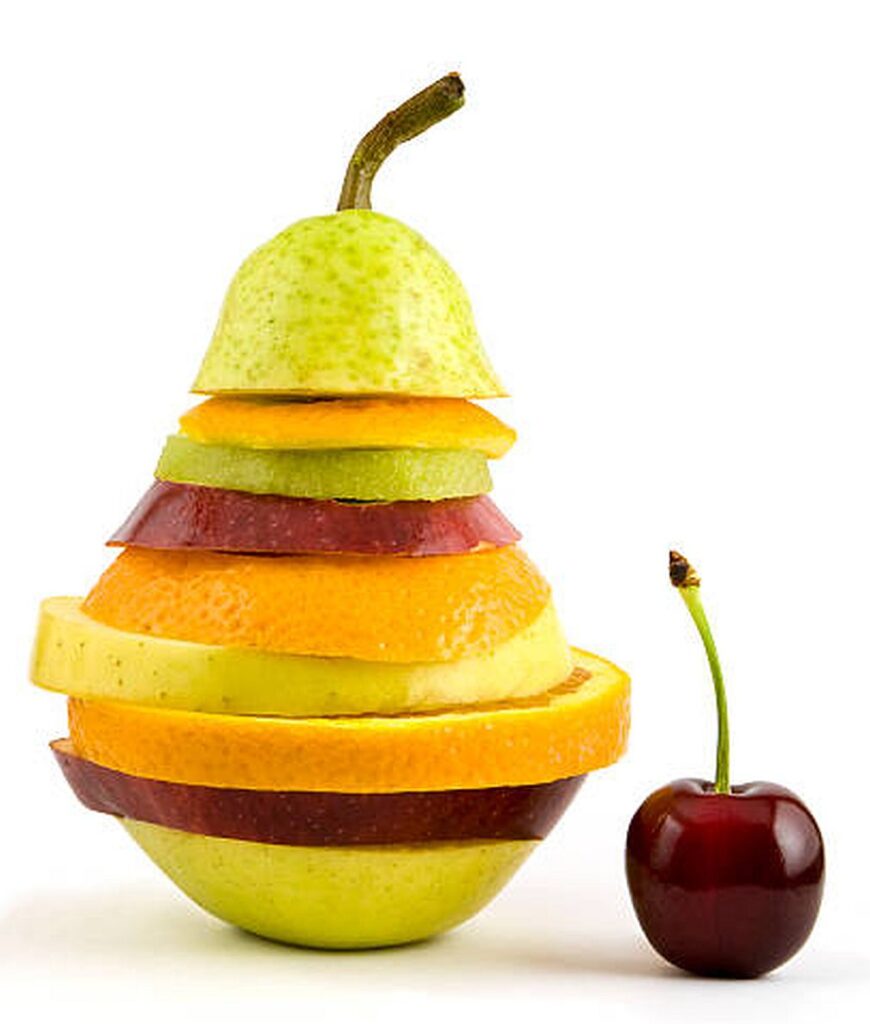A strong immune system is your body’s frontline defence against infections, viruses and other health threats. While no single food or nutrient is a magic bullet, a diet rich in specific whole foods can provide the nutrients your immune system needs to function optimally. Below, we explore ten foods that naturally support immune health — along with how to include them in your diet.
1. Citrus Fruits

Citrus fruits such as oranges, lemons, grapefruits and tangerines are well known for their high vitamin C content. Vitamin C stimulates the formation and function of white blood cells, which are key to battling infections.
In the context of immune‑support: because your body cannot make or store vitamin C, you need a regular supply of it from foods.
Healthline
+1
How to eat it: Start your day with a fresh orange or grapefruit, add lemon juice to water, include tangerines in your snack time or salad.
2. Red & Yellow Bell Peppers
Often underestimated, red and yellow bell peppers contain more vitamin C than many citrus fruits — and they offer beta‑carotene (which your body converts to vitamin A).
Vitamin A is important for maintaining the integrity of mucosal surfaces (nose, mouth, gut) which act as barriers against infection.
How to eat it: Slice bell peppers for raw snacks, toss into stir‑fries, grill with olive oil and garlic, or include in omelettes.
3. Leafy Greens (Spinach, Kale, Swiss Chard)
Dark leafy greens are nutritional powerhouses: packed with vitamins A, C, E, folate and plenty of fibre and antioxidants.
These nutrients collectively help maintain immune cell function, reduce oxidative stress and support overall immune resilience.
NDSU
How to eat it: Add spinach to smoothies, sauté kale lightly with garlic, include Swiss chard in soups or as a side dish.
4. Yogurt & Probiotic‑Rich Fermented Foods
Gut health is intimately connected to immune health. Some 70‑80 % of your immune cells hang out in the gut‑associated lymphoid tissue. Probiotics (live cultures) in plain yogurt and other fermented foods help support a healthy microbiome.
How to eat it: Opt for plain, unsweetened yogurt with “live & active cultures”, add berries or nuts for flavour. Include sauerkraut, kimchi or kefir if you like fermented foods.
5. Almonds, Sunflower Seeds & Nuts/Seeds
Nuts and seeds are rich in vitamin E, healthy fats, selenium and zinc — all important for immune cell functioning. For example, almonds provide a substantial dose of vitamin E, an antioxidant that protects immune cells.
How to eat it: A handful of almonds or sunflower seeds as snack; sprinkle seeds on salads; use nut‑butters (unsweetened) in breakfast.
6. Fatty Fish (Salmon, Sardines, Tuna)
Fatty fish are rich in omega‑3 fatty acids, which play anti‑inflammatory roles — helping maintain immune balance rather than over‑reacting. They often include vitamin D, another key immune nutrient.
How to eat it: Aim for 2 servings per week of fatty fish; bake or grill salmon with herbs and lemon; add sardines to salads/spreads.
7. Sweet Potatoes & Orange‑Coloured Vegetables
These foods deliver beta‑carotene (precursor to vitamin A) along with vitamin C and other antioxidants. Vitamin A supports skin and mucosal immunity (first barrier to pathogens).
How to eat it: Roast sweet potatoes, include carrots and pumpkin in soups or stews, add butternut squash to fall meals.
8. Garlic & Ginger
These everyday ingredients bring not just flavour but immune‑supportive compounds. Garlic contains allicin — a sulphur‑containing compound that may enhance immune cell activity.
Ginger offers anti‑inflammatory and antioxidant actions, which support immune health indirectly.
How to eat it: Use fresh garlic and ginger in cooking: soups, stir‑fries, marinades. A ginger‑lemon tea is also a simple warm option.
9. Broccoli & Cruciferous Vegetables
Broccoli, cauliflower, Brussels sprouts and similar vegetables are packed with vitamins A, C, E, fibre and disease‑fighting antioxidants (like sulforaphane).
How to eat it: Steam broccoli lightly (to retain nutrients), add Brussels sprouts roasted, include cauliflower in mixed vegetable dishes or purées.
10. Lean Poultry, Beans & Protein‑Rich Plant Sources
Protein is the b
Sources also include beans, legumes, eggs, low‑fat dairy and lean poultry.
How to eat it: Include lean chicken or turkey in salads or stews, add beans to soups or chili, have eggs or Greek yogurt for breakfast.
Putting It All Together: Smart Eating Strategy

• Variety is key
A single food can’t cover all your immune‑needs. The strength comes from variety — across colours, food groups and nutrient profiles.
• Whole foods over supplements
While nutrients matter (vitamin C, zinc, vitamin D etc.), getting these from foods is preferred over relying on supplements unless medically recommended.
• Balanced lifestyle enhances effect
Food supports—but doesn’t replace—other key elements: adequate sleep, stress management, physical activity and avoiding excessive processed foods and sugars all matter for immune health.
• Sample daily plan
Morning: Yogurt + berries + almonds
Mid‑morning snack: Orange or bell pepper strips
Lunch: Grilled salmon, broccoli + quinoa + leafy greens
Afternoon snack: Carrot sticks + hummus (which includes garlic)
Dinner: Lean chicken stir‑fry with spinach, bell peppers, garlic & ginger
Evening: Cup of herbal ginger‑lemon tea
A Note on Expectations & Precautions
Eating more of these foods supports immune health—it does not guarantee you won’t get sick.
If you have a weakened immune system, chronic illness, or are taking medications, speak with your healthcare provider about specific dietary needs or restrictions.
Reflect on your overall eating pattern rather than focusing on one “superfood”.
Be mindful of food safety especially with raw/undercooked foods if your immune system is compromised.
CDC
Conclusion
Boosting your immunity naturally through food is less about magic bullets and more about consistent, nutrient‑rich choices. The ten foods listed above—citrus fruits, bell peppers, leafy greens, yogurt, nuts/seeds, fatty fish, orange vegetables, garlic/ginger, cruciferous veggies and lean proteins—provide a strong foundation for immune‑supportive eating.
Pair this diet with good lifestyle choices (sleep, movement, stress‑management) and you’re building resilience in a holistic way.
Let food be your ally: eat widely, choose wisely, and treat your immune system with the respect it deserves.
References
-
Mayo Clinic Health System. Nutrition and immune function – Support your immune function with good nutrition. Mayo Clinic Health System+1
-
U.S. Health Authorities (ACL.gov). Boost Your Immune System in Challenging Times. acl.gov
-
Linus Pauling Institute, Oregon State University. Top 10 foods for immune health. Linus Pauling Institute


